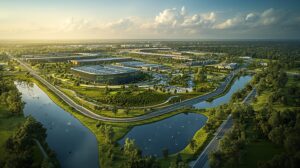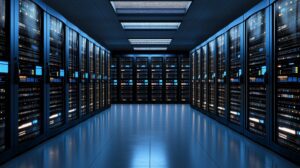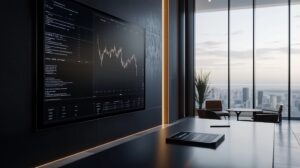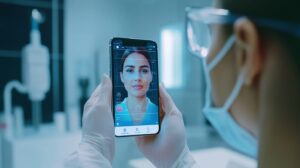
Predicting the Unpredictable: The Future of Work in the Next Decade
An interview with Jim Frawley, Founder at Bellwether
Q: You describe yourself as an agent of change and an architect of adaptation. How do you help companies and individuals navigate change? What types of organizations do you typically work with?
The ultimate focus on navigating change is to remember that macro change requires a focus on the micro individual. Organizations abound—every organization is dealing with significant levels of change, from economic constraints to AI influences.
But while the world evolves, it’s the individuals responding to change who make a difference and make the decisions necessary to elevate and get us to where we need to go. While I’m industry-agnostic, the organizations I work with must be flexible, open-minded, and ultimately open to change.
Q: What is the Bellwether Method? How can we align corporate agendas with personal accountability during times of change?
The Bellwether Method is an intense, customizable developmental program centered around building belief systems, personal philosophies and tactical questioning skills to build the capacity to respond to change and make the most effective decisions we can when faced with stress and ambiguity.
Q: You’ve shared your story of turning your personal and professional life around. What advice would you give to senior corporate professionals who feel stuck in their careers but aren't interested in becoming entrepreneurs?
Learn how to ask questions. It’s the most simple lesson I offer executives, yet it's one of the most challenging to adopt. We have built our careers through experience, yet sometimes, this experience yields judgment and assumptions that impact our ability to evolve and change.
True questions have no judgment, and we teach people how to embrace questions—of others and ourselves—to eliminate the assumptions we have to get the right answers we need today.
Q: What skills should professionals focus on developing to stay relevant in the changing job market? Are there high-income skills people often overlook that could be valuable in the future?
Put a lens of relevance over everything we do. There is comfort in the “easy work” - the work we can do with our eyes closed. What many don’t realize, however, is that often the easy work can become irrelevant overnight.
The most ‘high-income’ skill we can develop is a social skill - in-person social interaction keeps us relevant in the eyes of others, adds perspective to the work we are doing, and gives countless lessons in feedback that we just don’t get through a camera.
Q: What do you think the future of work will look like in the next 5 to 10 years?
I can’t predict what it will look like, but I have some thoughts. I do know that the workplace will be unrecognizable in a decade - from how we think about our people to what value we place on work. There is a massive edge that will be given to those who are social and can build relationships to match what is needed to get done in the new economy.









